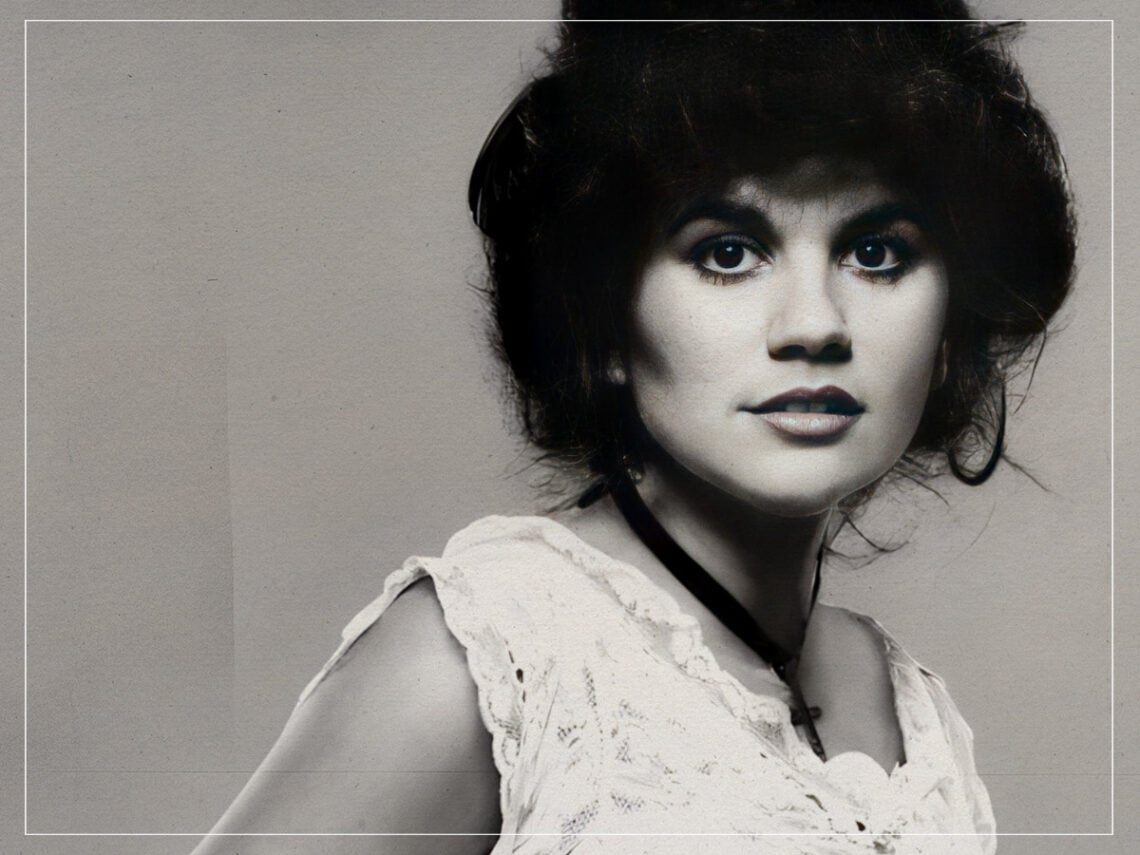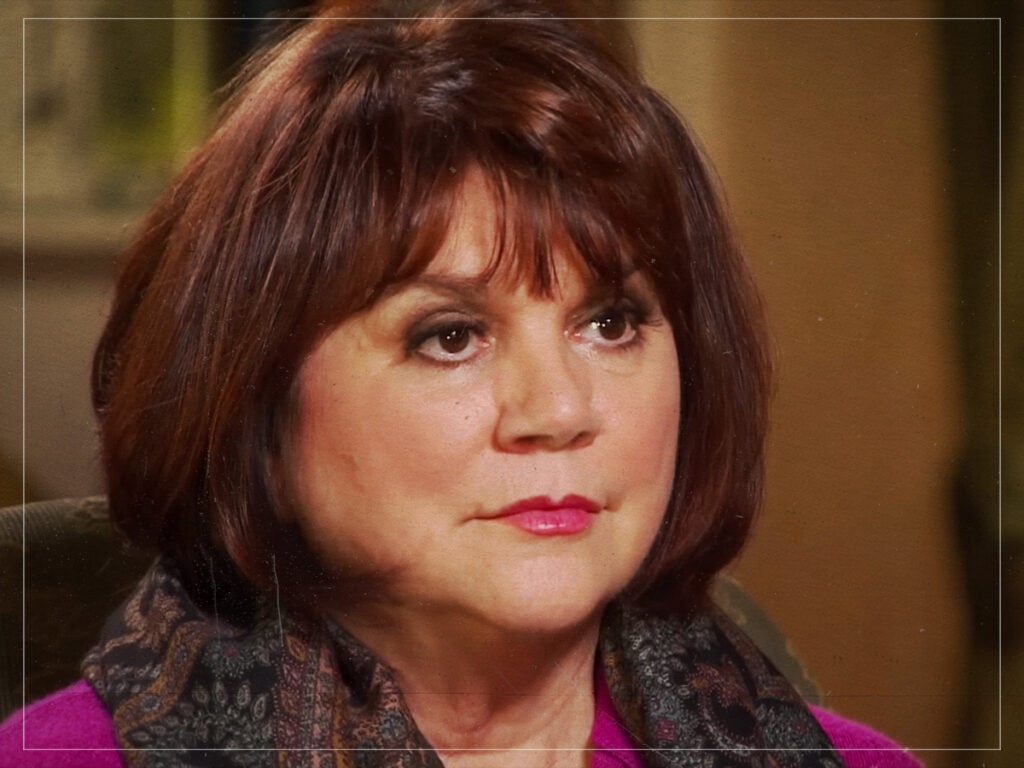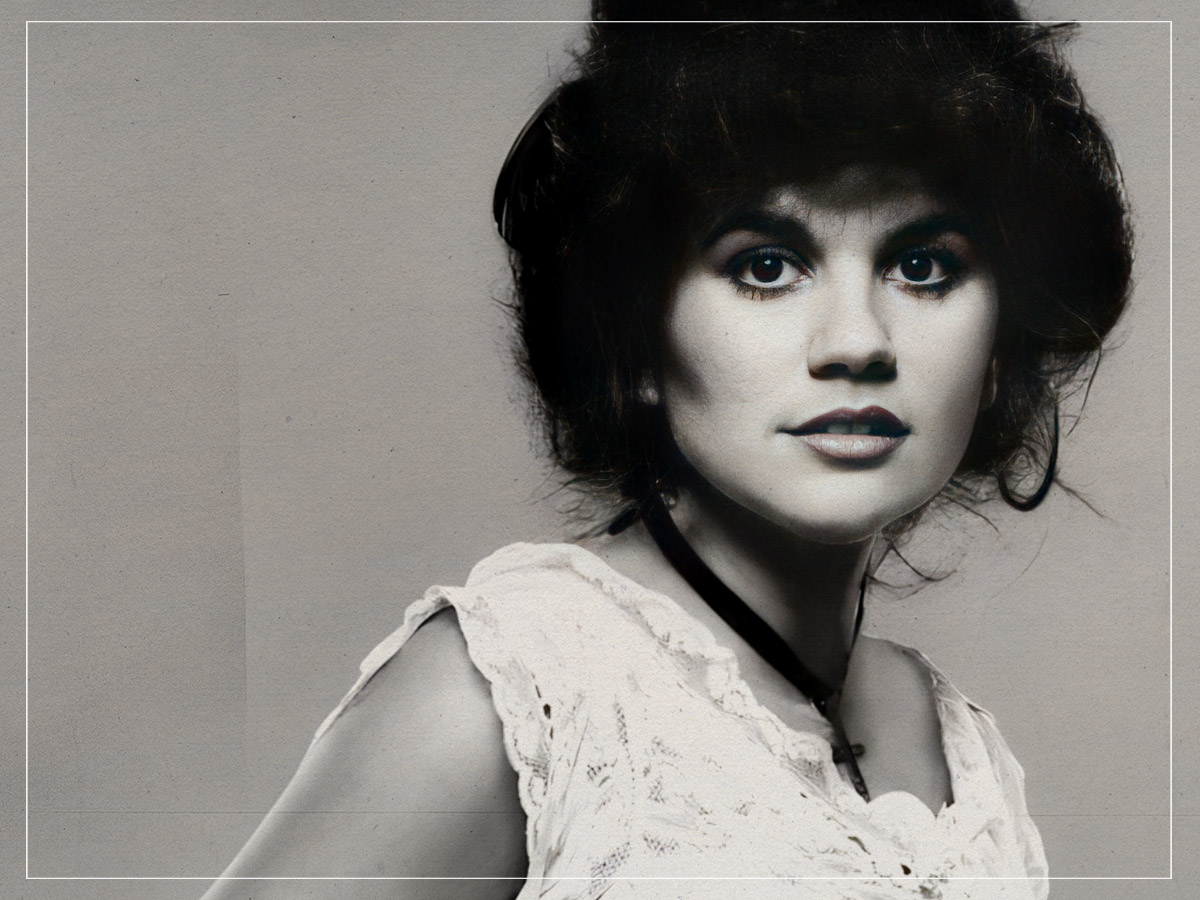
(Credits: Far Out / Linda Ronstadt)
Thu 12 June 2025 21:00, UK
It was hard being a woman in music in the 1970s. Many of the reasons why are still the case today, but for Linda Ronstadt and countless other women with voices in the ’70s, navigating it was like trying to walk through quicksand: progress occasionally, but slowly, so very slowly. So slowly that, when you looked around, you could trick yourself into believing you were the only one there.
For many, it felt that way. As Stevie Nicks once said: “I was going to keep up with the rock stars of the world that were men, because there weren’t very many women once.” A woman in any male-dominated place is going to feel ostracised, especially if they suspect they’re not respected as much as their male counterparts. But for Nicks, Ronstadt, and countless others, it was a confusing cesspit that often made it hard to swallow your own internalised conflicts.
Ronstadt, of course, had a more blunt way of putting it. As someone unafraid to say what she really thinks, even when it comes to her own material, Ronstadt observed all the ways the industry was changing in the ’70s, from the sudden country uptake to the ways women were being treated. “Chicks are really weird,” she once mused to Country Song Roundup when asked whether women in music face prejudice.
“Chicks in any business is really weird,” she continued. “We are dealing entirely with men. I find a lot of resentment from musicians at times. If they’re behind me, it’s a threat to their masculinity. A lot of people in the television industry don’t know how to relate to a chick at all. I’m real sympathetic about it. They’re all twisted over there. I’m not blaming anyone, it’s just very weird. They just like ya or they hate ya.”
The weight of Ronstadt’s statement endures—if there’s anyone equipped to expose the industry for its innate sexism, it’s her—not to mention how much she faced a lack of creative control when, surprise, it seemed most of the male musicians had fewer issues with such hurdles. However, Ronstadt’s unabashed honesty always remained, shining a light on all the things she didn’t like about an industry with more dark corners than she could count.
 (Credits: Far Out / YouTube Still)
(Credits: Far Out / YouTube Still)
This reached into much of the music itself, or the parts of her job that she should have enjoyed, though they became tainted with all the things that could go wrong or suddenly turn sour. For Ronstadt, enjoying the industry only happened when it felt authentic, and so did she, and for those two moving parts to operate in tandem was an extreme rarity, one that only occurred serendipitously. All other times left her with a bitter taste in her mouth.
When asked what parts of her career she enjoyed the most, Ronstadt was just as cutting. “I hate music,” she said bluntly, reflecting on how disliking live performances depended on the gig. She added: “I think I spend some of my most miserable hours on stage performing, but I’ve also spent my best ones. Anything that’s going to be an extreme experience in one direction will be the most vulnerable to go in the other direction as badly.”
It’s also a sentiment she shared about her own music, though this time it related less to the uncertainty of the situation and more to a broader distaste for her own voice. “I hate [all my records],” she said. “I don’t particularly care for the sound of my voice. I’m delighted when anybody likes it, and I always try my best. I generally feel a song when I’m singing it, but I just don’t like to hear it back.”
These reflections may come across as somewhat dismissive when looking at them written down, but they all speak to a soul that knows and understands brutality, as well as the feeling that comes with being your own worst critic. Ronstadt was always honest in her music, so much so that it made it hard to revisit them, not just because of the naturally uncomfortable feeling that came with listening to herself, but because they were her own stories and moments in time.
While she also said part of this was because she didn’t feel she could sing until 1980, there was also a higher standard there that lurked within, one that’s central to Ronstadt’s resilience when it came to anything she looked at and thought, “Not good enough.” Sometimes, this meant holding a mirror up to the industry’s prejudices, voice laden with harsh criticisms that did nothing other than tell it how it is. Other times, it meant criticising herself, hating the way she never sensed the excellence in her own music, just as others did.
Related Topics
The Far Out Music Newsletter
All the latest music news from the independant voice of culture.
Straight to your inbox.
